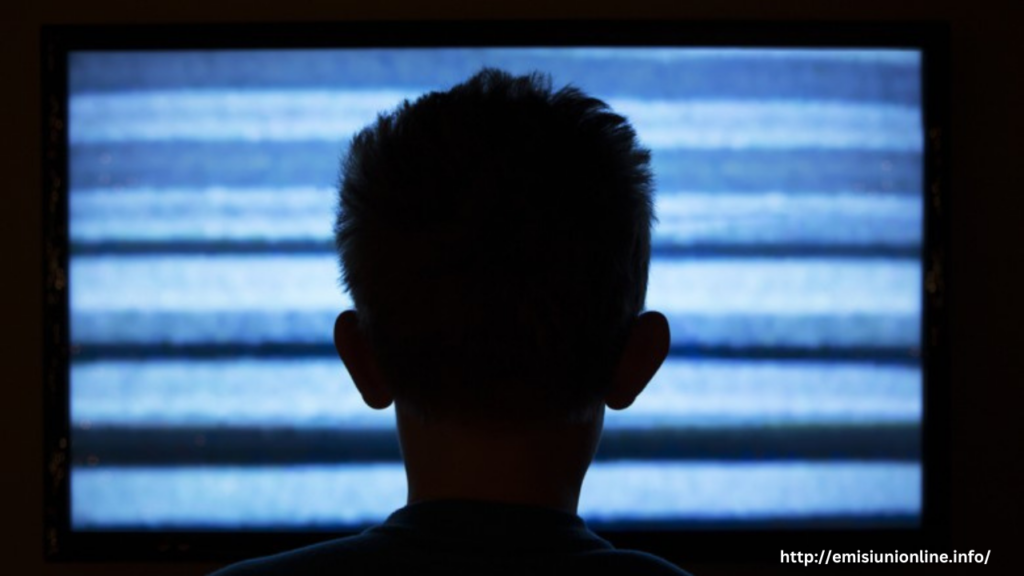The Psychological Effects of Violent TV Shows: Are We Becoming Numb?
posted by: Guest
No Comments »

Violence has always been a part of television, from action-packed thrillers to dark crime dramas. However, with the rise of hyper-realistic and graphic depictions of violence in TV shows, psychologists and researchers have started questioning its impact on viewers. Are we becoming numb to violence? How does repeated exposure affect our emotions, thoughts, and behaviors? Let’s explore the psychological effects of violent TV shows and whether they are desensitizing us to real-world violence.
How Violent TV Affects the Brain
Watching violent content activates the amygdala, the part of the brain responsible for processing emotions like fear and aggression. When we see distressing or shocking scenes, our bodies react with an increased heart rate and heightened alertness. Over time, however, repeated exposure to violent imagery can dull these emotional responses, leading to desensitization.
Desensitization means that individuals become less emotionally affected by violence. What once seemed shocking or disturbing may begin to feel normal or even entertaining. This can make people less sensitive to real-life suffering and more accepting of aggressive behavior.
Signs of Desensitization to Violence
- Reduced Emotional Reaction
Viewers who frequently watch violent TV shows may feel indifferent to distressing news or real-world violence. Tragic events that should elicit strong emotional responses may seem less impactful. - Increased Tolerance for Aggression
Exposure to violent content can alter perceptions of acceptable behavior. Studies suggest that people who consume large amounts of violent media may develop a higher tolerance for aggression in everyday situations. - Difficulty Distinguishing Fiction from Reality
Some viewers, especially children and adolescents, may struggle to separate entertainment from real life. They may view aggression as a normal way to solve problems, mirroring behaviors they see on screen. - Decreased Empathy
Constant exposure to violent media may reduce a person’s ability to empathize with others. When pain and suffering are repeatedly shown as entertainment, it can weaken emotional connections to real-life victims of violence.
Does Watching Violent TV Make People More Aggressive?
While violent TV does not directly cause criminal behavior, research suggests it can contribute to increased aggression in certain individuals. Studies indicate that people who consume a high amount of violent content—especially those who are already predisposed to aggression—may become more likely to display hostile thoughts and behaviors.
However, personality traits, upbringing, and social environment also play significant roles in determining how violent media affects individuals. Some people are more vulnerable to media influences than others, particularly children, teenagers, and individuals with pre-existing emotional or behavioral issues.
How to Watch Violent TV Mindfully
To reduce the negative psychological effects of violent media, consider these strategies:
- Limit Exposure: Avoid excessive binge-watching of violent content, especially before bed.
- Balance with Positive Media: Mix in uplifting or educational shows to maintain emotional balance.
- Engage in Critical Thinking: Discuss violent themes with friends or family to better understand their real-world implications.
- Monitor Children’s Viewing Habits: Ensure that young viewers are not exposed to excessive violence without guidance.
Conclusion
While violent TV shows can be thrilling and entertaining, repeated exposure can lead to desensitization, reduced empathy, and increased tolerance for aggression. By watching mindfully and balancing content consumption, we can enjoy entertainment without compromising our emotional well-being.